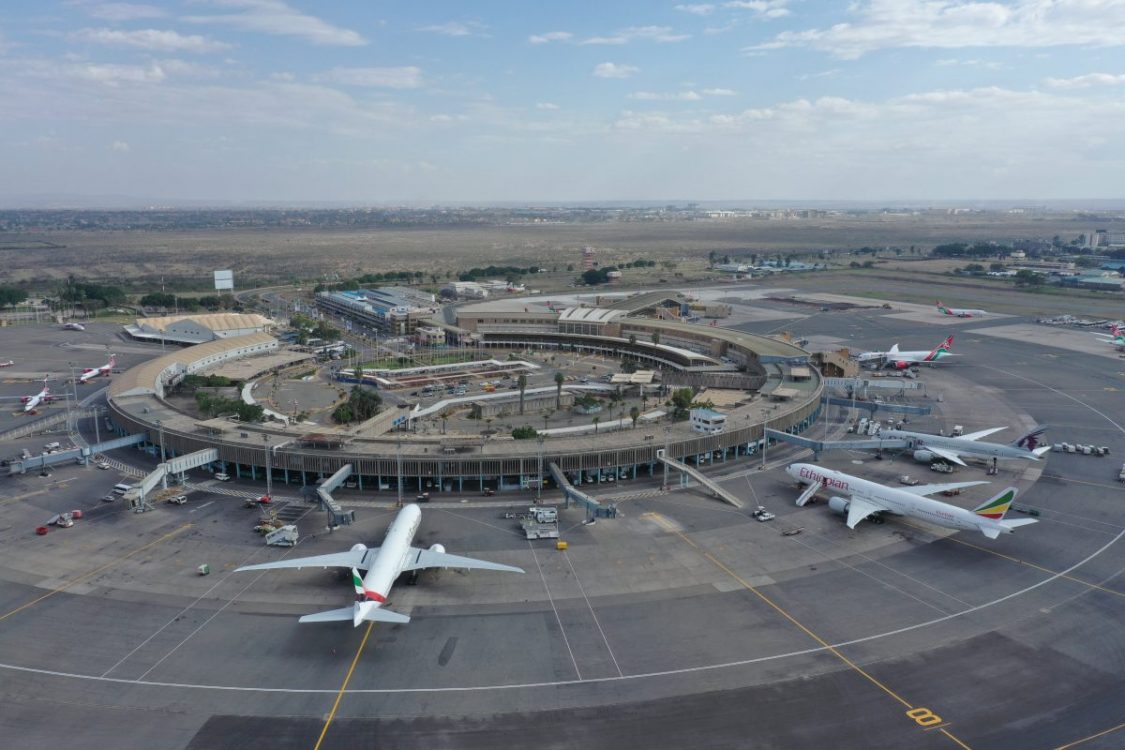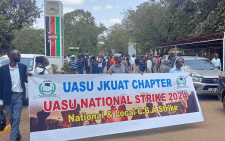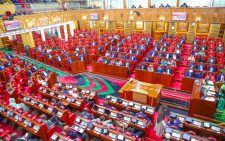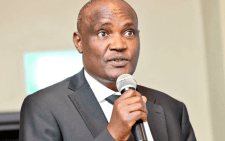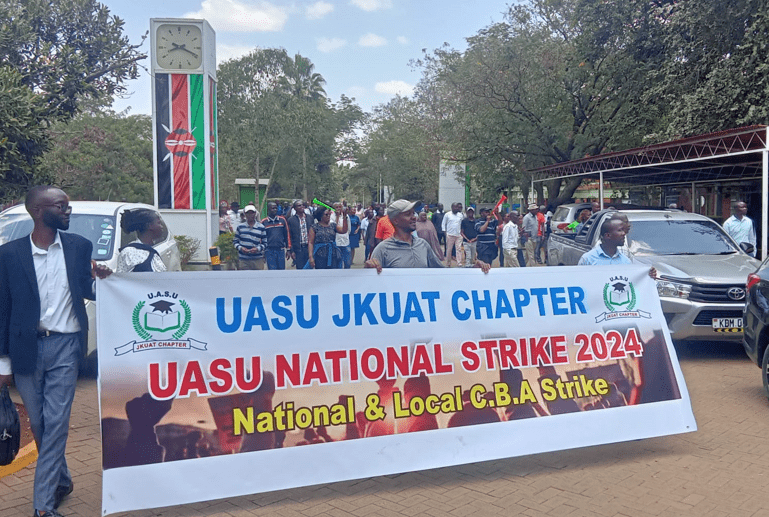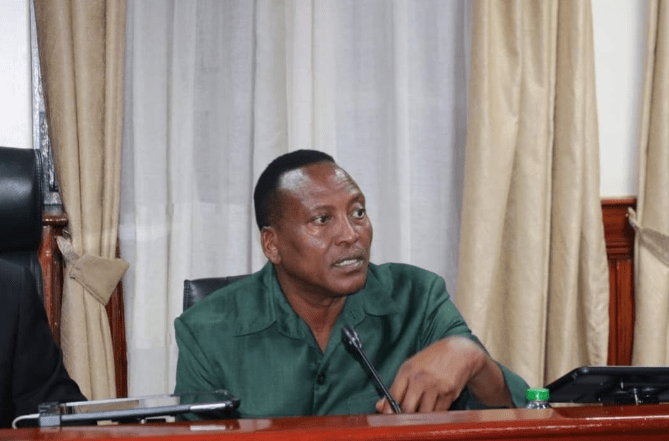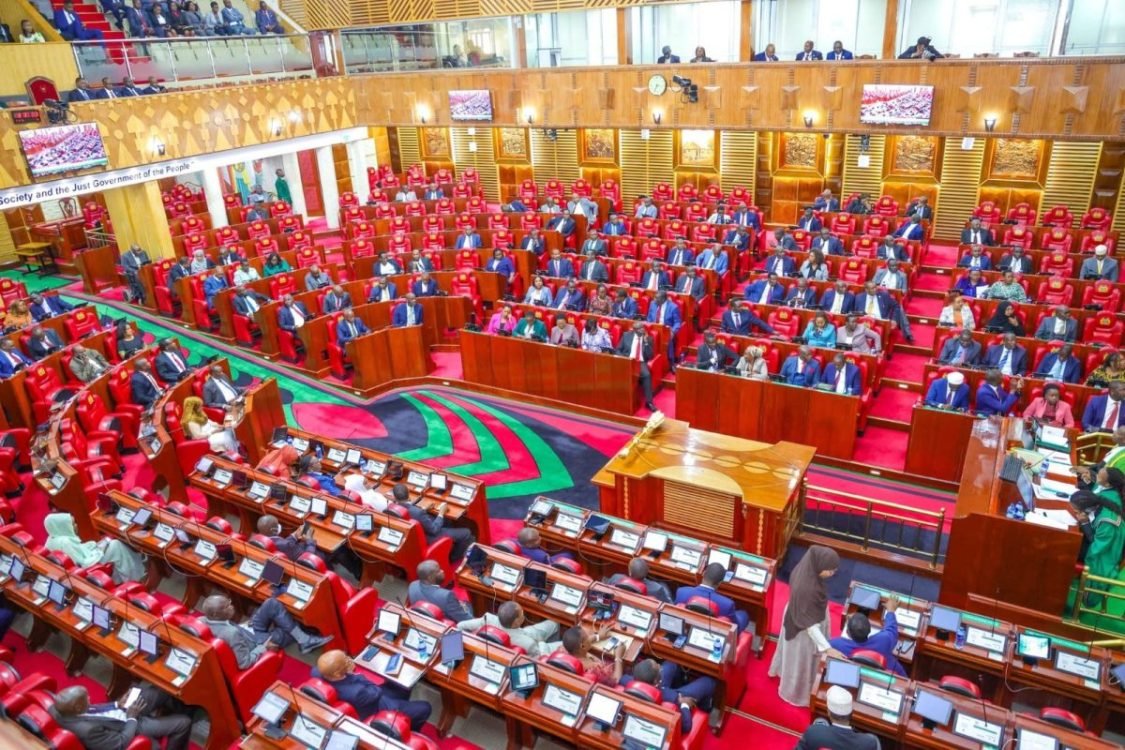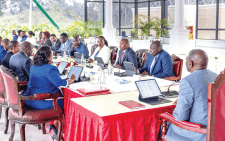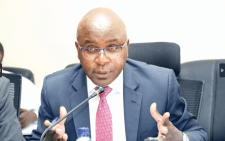Jomo Kenyatta International Airport (JKIA) is a critical infrastructure for Kenya’s security and economy. This, therefore, is not an asset to be trifled with and any administration that intends to make a major change in the way it is managed must undertake stakeholder consultation to ensure buy-in and address emerging concerns.
Without such a critical step, any attempt to hand over the running of this critical asset to a third party, the way the government intends to do with Adani, amounts to a travesty of national trust, especially given that the deal is expected to last 30 long years. What is more worrying is the allegation that part of the agreement is that Kenya will not develop other local airports for the duration of the contract, which, if true, flies in the face of national development, regional expansion and basic common sense.
Consider, for instance, that the Ministry of Tourism has expressed its intention to increase the number of tourists from the current two million to about five million in three years. How is this to be achieved if the main gateway, JKIA, is going to be controlled by a private company? What if we decide, at some point in time, that we want to make Mombasa and Kisumu alternative gateways and thus need to expand them to meet current and emerging aviation needs? And what if a new administration comes to power and decides that the contract with Adani is irregular and needs to be revisited? Will we have to pay for the remainder of the contract term?
All taken into account, there is just too much secrecy already surrounding the proposal to hand over Kenya’s crown jewel to the Indian company. This raises even more questions considering that Adani has been dogged by controversy wherever it has entered into contracts with governments, from Australia, where it sparked widespread protests, to its own home country, India.
This trend has started emerging in Kenya, with airport workers up in arms over fears that some of them will be rendered jobless once the deal is consummated. The seriousness of the matter came to the fore when union leaders insisted on reading the fine print of the contract even after a meeting with the President.
No sooner had they come out in protest than Members of Parliament took the cue and raised their voices in protest against the deal, urging the National Treasury to shed more light on what is going on behind the scenes and, more importantly, reduce the haste with which it is rushing to conclude the contract in this era of public participation.
Parliament represents the people indirectly and if the House has pronounced itself on the matter, then this should not be taken to be a mere formality. The issue must be brought to the floor of both Houses for debate given that it also has implications for counties that have airports or intend to build one in the foreseeable future.
One other issue that needs to be put in the public domain is whether the Attorney-General, Dorcas Oduor, has been consulted on the issue and whether she has given her legal opinion to the relevant public agencies. If she has, then she is also duty-bound to make her view on the matter public in the interest of accountability and transparency.
It must be remembered, and this was a painful moment for Kenya’s aviation history, that the national carrier, Kenya Airways, sold its parking berth at Heathrow Airport without proper public participation, reducing it from an owner occupier to a tenant in a critical destination. Now, the very base of its operations, and on which its future profitability and expansion plans are hinged, is on the verge of being handed over to a private player. In all likelihood, a private entity will increase service charges, fees and levies for all who use the facility, including KQ, meaning that we are going to carry a heavier burden for using what is at first instance a public good. There is so much the matter with such an arrangement.
— The writer is the Editor-in-Chief of the Nairobi Law Monthly and Nairobi Business Monthly-

